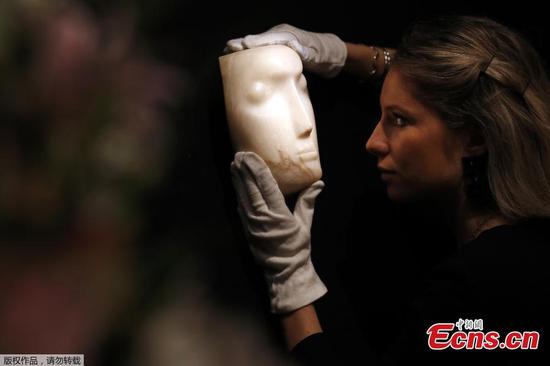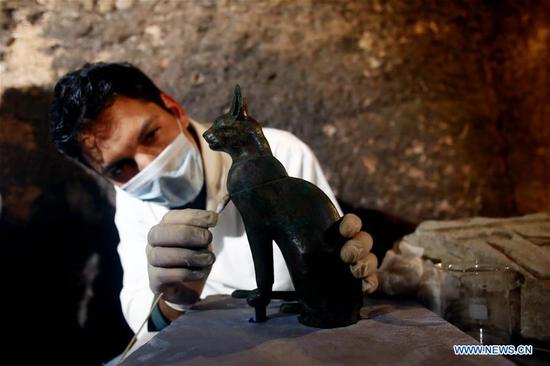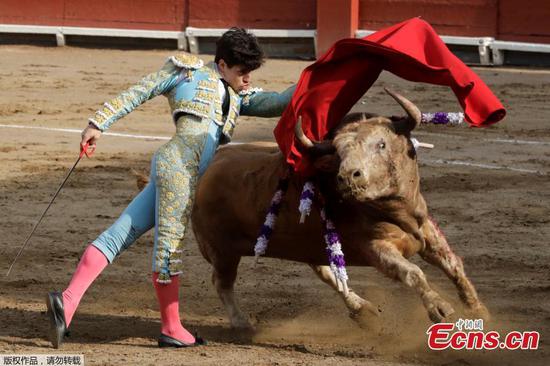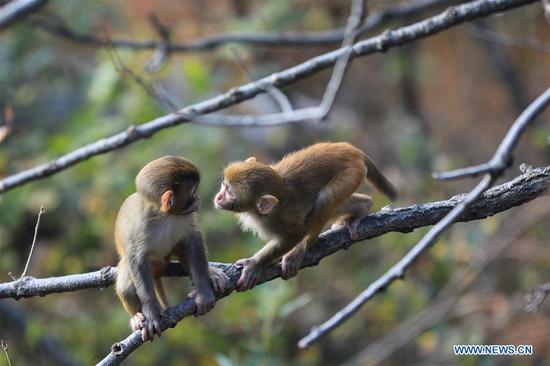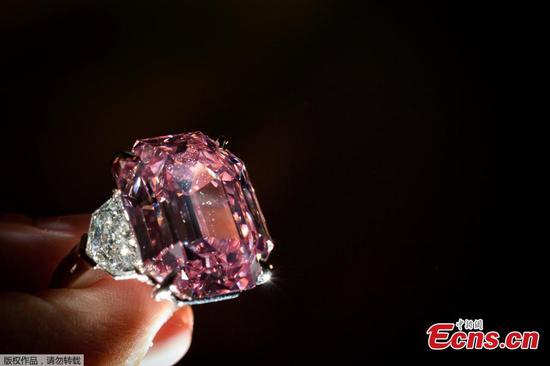China has "postponed" implementing policy changes that partially allowed for rhino horn and tiger parts to be used in traditional medicine, as well as for scientific and cultural purposes.
Setting aside a 25-year-old ban on the trade of rhino horns and tiger parts, the State Council, in late October, allowed its regulated use under strict conditions. The policy change caused major concern among international wildlife conservation groups.
The State Council announced the postponement of its earlier decision on Monday, citing the results of a study. "The issuance of the detailed regulations for implementation has been postponed after study," said State Council Executive Deputy Secretary-General Ding Xuedong.
"The three strict bans" will continue to be enforced: strictly ban the import and export of rhinos, tigers and their byproducts; strictly ban the sale, purchase, transport, carrying and mailing of rhinos, tigers and their byproducts; and strictly ban the use of rhino horns and tiger bones in medicine," Ding told Xinhua.
The rollback has given a major sigh of relief to wildlife groups. A large number of conservationists feared the use of rhino horns and tigers parts in Chinese medicine could drive global demand leading to large-scale poaching. Both tigers and rhino numbers have sharply declined in the wild.
According to the WWF, only 3,900 tigers and less than 30,000 rhinos exist in the wild. Some rhino species, like the Northern White Rhino population, have been completely decimated, with only two left, living under heavy security at an undisclosed location.
"It's critical that a clear message is sent about the acceptability of animal parts in traditional Chinese medicine. With effective alternatives available, opening the door to some uses only muddies the water, and puts every wild rhino and tiger in jeopardy," Peter Knights, CEO of environment protection group WildAid, told CGTN.
Conservationists are hoping that the ban reversal will be canceled permanently. "We are encouraged by the delay in implementation so that China can continue to assert its position as an environmental leader," he added.
Animal rights activists have expressed displeasure despite China clearly mentioning in the circular that only farmed tigers and rhino horn would be allowed for medicine and scientific study.
According to the Environmental Investigation Agency (EIA), there are more than 7,000 captive tigers in China, Thailand, Laos, Vietnam, and South Africa. In China, around 150 companies have permits to sell tiger parts from animals dying in captivity.
Scientific research shows rhino horn contains the same protein found in human hair and fingernails. In a large part of Asia, local medicine containing rhino horn is promoted as a cure for cancer and hangovers. There is no scientific evidence to support the efficacy of these medicines.
"I would like to reiterate that the Chinese government is willing to work with the international community to jointly strive for protecting wildlife and building our harmonious and beautiful planet," Ding added.











